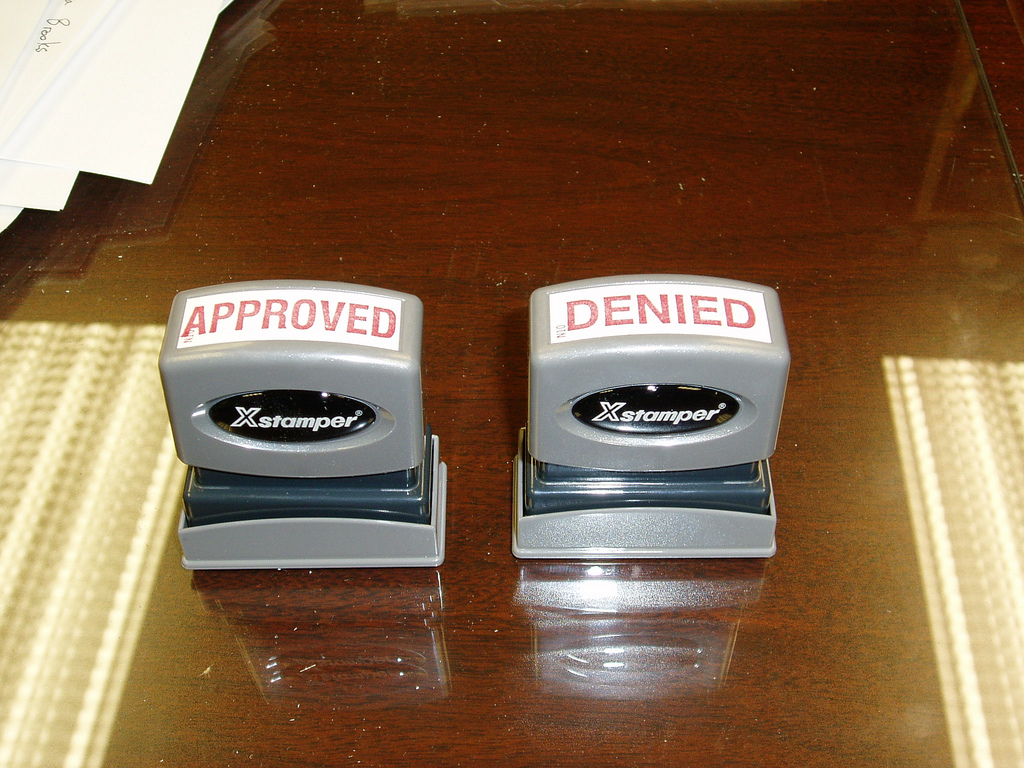It likely won’t be your first reaction, but when your health plan denies payment, fight back and appeal. You should absolutely challenge that denial. If you have Medicare, it’s easy to appeal, it won’t cost you anything, and the odds are high that you will win, saving yourself a lot of money.
One of the best-kept Medicare secrets is that the vast majority of people who challenge a Medicare denial win. But, almost no one makes the challenge and appeals. Be sure to read your denial notice carefully and follow the procedures listed on the form.
With traditional Medicare, if you are denied coverage for a doctor or other medical service, all you need to do is return the Medicare Summary Notice (MSN) form to Medicare, circle the denial and fill out the section at the bottom of the MSN for the Medicare insurance carrier to review the denial. It’s that easy. Even if the doctor made you sign an Advance Beneficiary Notice that Medicare will not cover the service, you should appeal. The doctor could be wrong, especially if the doctor says that the service is medically necessary.
If Medicare is denying a hospital service, a home care service, hospice care or a service from a skilled nursing facility, you should also appeal. How to do so, depends upon the particular service you are appealing. The denial notice explains what to do. And, keep in mind that if the Medicare provider did not tell you in advance that it believed Medicare would not cover the service and have you sign a waiver agreeing to pay privately, you are not liable for the cost of care. If you did sign the waiver, you have the right to demand the provider bill Medicare. It is highly possible Medicare will cover the care, especially if you get a letter from your treating physician explaining why the care was medically necessary.
With a Medicare Advantage plan or other private health plan, call the health plan and ask the insurer to explain why you were denied coverage. You will likely need to speak to the doctor about the coverage denial. It could be that the doctor coded the procedure incorrectly or did not comply with health plan rules and that the doctor should be responsible for the cost.
If you are not able to resolve the matter, file an appeal with your insurer. You will likely need a formal written notice of denial to do so. It is helpful to have a letter from your doctor explaining the need for your care. So long as the care is medically necessary, your insurer should cover it.
To appeal a Part D prescription drug denial, the Evidence of Coverage document you get from your plan explains your rights, including how to appeal. You can also call your plan. If possible get a written letter from your doctor explaining why you need the particular drug your Part D plan is denying.
There are several appeal levels, so even if you don’t win at the first level, appeal again. If you have Medicare and need help, contact your state health insurance assistance program (SHIP) for free assistance. You can get the number for your SHIP here.
N.B. Even with commercial health plans, according to a report from the General Accountability Office, “coverage denials, if appealed, were frequently reversed in the consumer’s favor. . . . [D]ata from four of the six states on the outcomes of appeals filed with insurers indicated that 39 percent to 59 percent of appeals resulted in the insurer reversing its original coverage denial. “
Here’s more from Just Care:
- Anthem keeps people from getting ER care simply by claiming it may not pay for it
- Seven reasons commercial insurance cannot meet our health care needs
- Medicare covers array of medical equipment and supplies
- If you want easy health care access and good quality care, you probably want traditional Medicare
- If your Medicare drug plan refuses to cover your medications, take these five simple steps

Leave a Reply